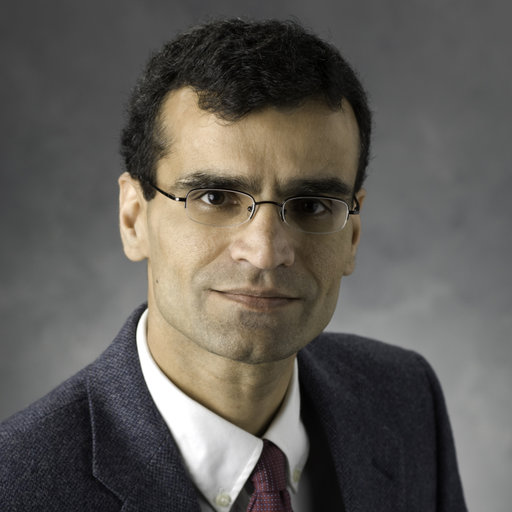“Heterogeneous Integration Through Advanced Packaging – Advances, Opportunities and Challenges”
Monday, April 1 at 1:00
MALA 5050
Add to Calendar
Abstract
The global semiconductor industry is propelling towards a staggering $1 trillion by 2030 from the current $0.6 trillion market, fueled by innovation and collaboration. Packaging plays a vital role as it enables systems design and integration. The area of packaging is broad and is multidisciplinary. Packaging has many layers, including materials, devices, systems integration, simulation and designs, reliability, and education and workforce development. Beyond classical technology needs like computing, packaging is now expanding into quantum computing, smart health devices, food supply-chain, low-orbiting satellites, UAVs, beyond-5G, etc. System co-design is becoming critical as the functional density is growing exponentially. System co-design requires a complete design plan ranging from materials to the platform. For example, a low-orbiting satellite must be lightweight, highly reliable, and low-cost. All the electronics need to fit in a small lattice space, requiring the electronics to conform to the platform; each component may provide multiple functions, leading to the need for advanced packaging designs, esp. heterogeneous integration (HI), where co-design becomes essential.
Under HI, advanced packaging techniques are used to integrate devices that could be separately designed and manufactured by the most suitable process technology in the most optimized way. The main idea behind HI is to incorporate multiple dies in the same package. Heterogeneous integration is essential to maintain the pace of progress with higher performance, lower latency, smaller size, lighter weight, lower power requirement per function, and lower cost. We have been investigating a fundamentally new approach to heterogeneous integration. We utilize additive manufacturing (AM or 3D printing) to realize high functional density systems by integrating different device technologies within a single unit through a continuous build-up process. Our group has demonstrated novel approaches to pattern material and device structures and integrating chips on conformal structures. AM enables co-optimization of circuits and packaging and allows real-time design changes, which is impossible with conventional production technologies. This presentation will focus on systems packaging needs, challenges and opportunities, and recent advances in 3D packaging and HI.
Biography
Dr. Premjeet Chahal received the B.S. and M.S. degrees in electrical engineering from Iowa State University, Ames, IA, USA, and the Ph.D. degree in electrical engineering from the Georgia Institute of Technology, Atlanta, GA, USA, in 1999. He was a senior researcher with Raytheon, Dallas, TX, USA, from 1999 to 2006, and with Abbott Laboratories, Abbott Park, IL, USA, from 2006 to 2008. He joined the Electrical and Computer Engineering Department at Michigan State University (MSU), East Lansing, MI in 2009. He has been a program director (as a rotator) at NSF in the ENG/ECCS directorate since 2021. He has published over 250 refereed journal and conference papers and holds 13 US patents. His research interests include systems packaging, additive manufacturing of RF components and systems, millimeter-wave and terahertz electronics, and wireless sensors. He is an IEEE Fellow and recipient of the 2012 DARPA Young Faculty Award, the 2016 MSU Withrow Teaching Excellence Award, and numerous best paper awards.

